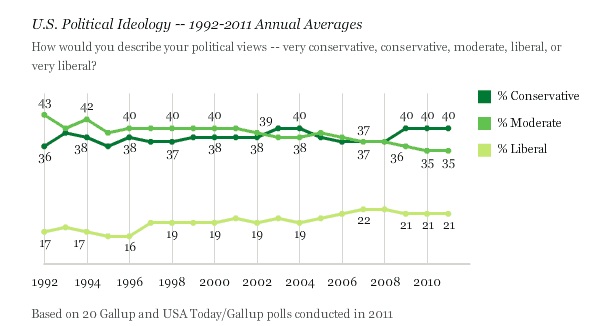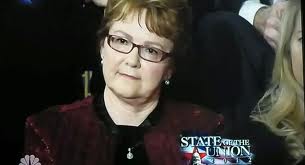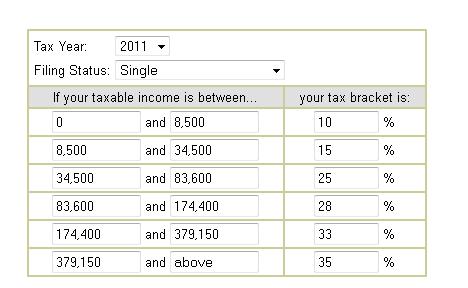A philosophy that says that average human is too dumb to pick his own soda size, but smart enough to dictate entitlement growth.
Bookstore Account
-
Recent Posts
Recent Comments
- Vrkaine on Ellen Cancelled
- Our Immigration Policy | Tarheel Red on Wherein Pino Solves Immigration
- Scott Erb on Facebook
- Scott Erb on Facebook
- Scott Erb on Wahoo and Ragnar
- Scott Erb on Wherein Pino Solves Immigration
- Pino on Noble Intentions
- Scott Erb on Noble Intentions
- Pino on I. Have. No. Words.
- Scott Erb on I. Have. No. Words.
Archives
- February 2022 (1)
- January 2022 (1)
- January 2021 (4)
- November 2020 (2)
- July 2020 (1)
- June 2020 (1)
- January 2020 (2)
- October 2019 (1)
- July 2019 (1)
- May 2019 (1)
- April 2019 (2)
- February 2019 (1)
- January 2019 (1)
- November 2018 (1)
- June 2018 (4)
- April 2018 (2)
- March 2018 (2)
- February 2018 (5)
- November 2017 (2)
- October 2017 (7)
- September 2017 (1)
- August 2017 (8)
- July 2017 (3)
- June 2017 (2)
- May 2017 (4)
- April 2017 (3)
- March 2017 (4)
- February 2017 (1)
- January 2017 (1)
- December 2016 (1)
- November 2016 (7)
- October 2016 (1)
- September 2016 (2)
- August 2016 (4)
- July 2016 (1)
- June 2016 (1)
- May 2016 (15)
- April 2016 (1)
- March 2016 (4)
- February 2016 (4)
- January 2016 (1)
- December 2015 (1)
- November 2015 (8)
- October 2015 (6)
- September 2015 (2)
- August 2015 (2)
- July 2015 (9)
- June 2015 (8)
- May 2015 (2)
- April 2015 (7)
- March 2015 (1)
- February 2015 (2)
- January 2015 (1)
- December 2014 (2)
- November 2014 (4)
- October 2014 (1)
- September 2014 (1)
- August 2014 (2)
- July 2014 (5)
- June 2014 (2)
- May 2014 (2)
- April 2014 (7)
- March 2014 (11)
- February 2014 (21)
- January 2014 (25)
- December 2013 (18)
- November 2013 (11)
- October 2013 (40)
- September 2013 (31)
- August 2013 (40)
- July 2013 (24)
- June 2013 (19)
- May 2013 (54)
- April 2013 (33)
- March 2013 (38)
- February 2013 (32)
- January 2013 (39)
- December 2012 (28)
- November 2012 (54)
- October 2012 (37)
- September 2012 (21)
- August 2012 (40)
- July 2012 (44)
- June 2012 (41)
- May 2012 (21)
- April 2012 (45)
- March 2012 (41)
- February 2012 (46)
- January 2012 (63)
- December 2011 (66)
- November 2011 (55)
- October 2011 (74)
- September 2011 (45)
- August 2011 (82)
- July 2011 (61)
- June 2011 (56)
- May 2011 (51)
- April 2011 (30)
- March 2011 (34)
- February 2011 (39)
- January 2011 (48)
- December 2010 (41)
- November 2010 (35)
- October 2010 (31)
- September 2010 (33)
- August 2010 (46)
- July 2010 (23)
- June 2010 (40)
- May 2010 (43)
- April 2010 (49)
- March 2010 (65)
- February 2010 (29)
- January 2010 (38)
- December 2009 (51)
- November 2009 (48)
- October 2009 (36)
- September 2009 (12)
- August 2009 (10)
- July 2009 (21)
- June 2009 (8)
- May 2009 (6)
- April 2009 (2)
- March 2009 (1)
- February 2009 (16)
- January 2009 (35)
From the Blue
From the Red
Categories
Meta






